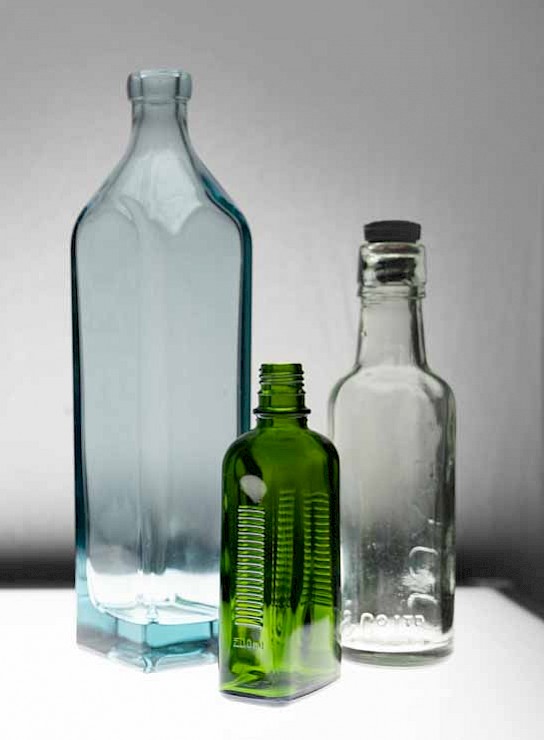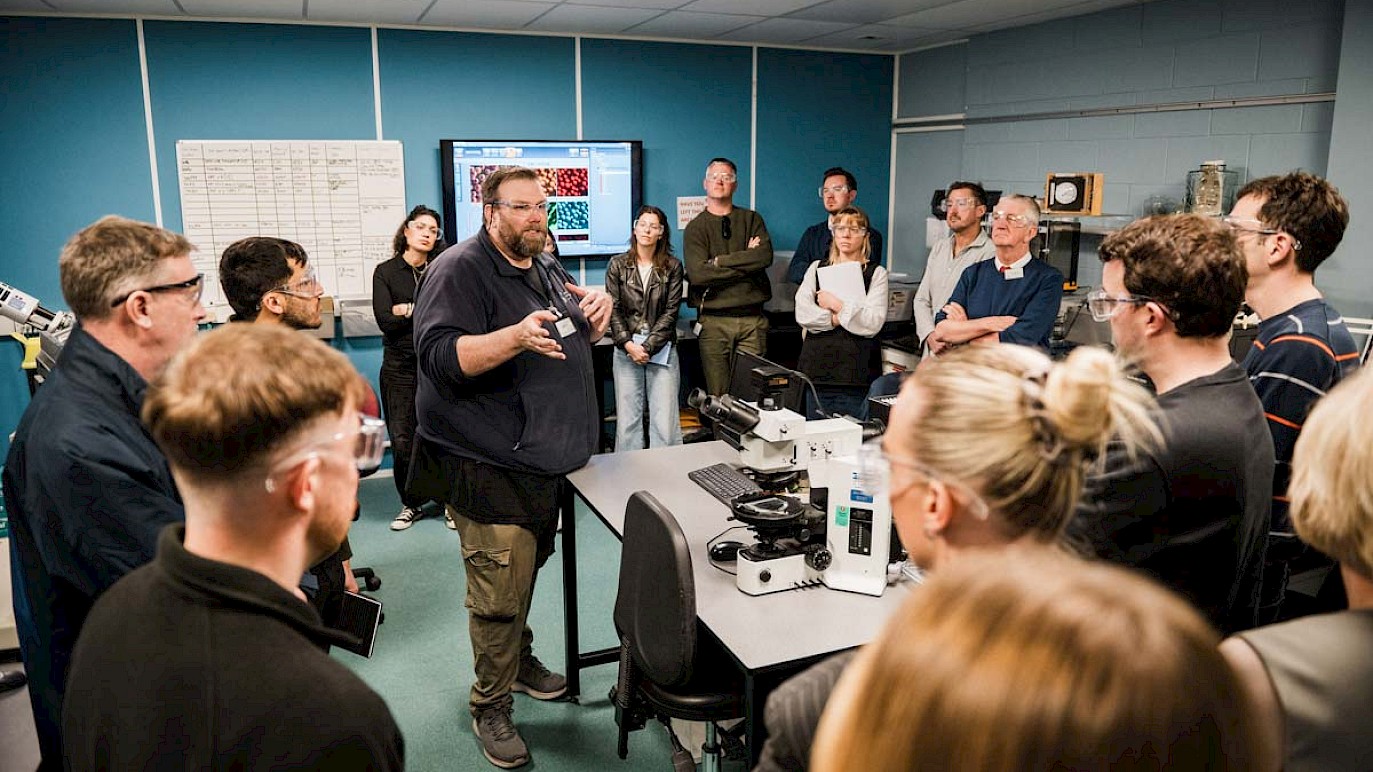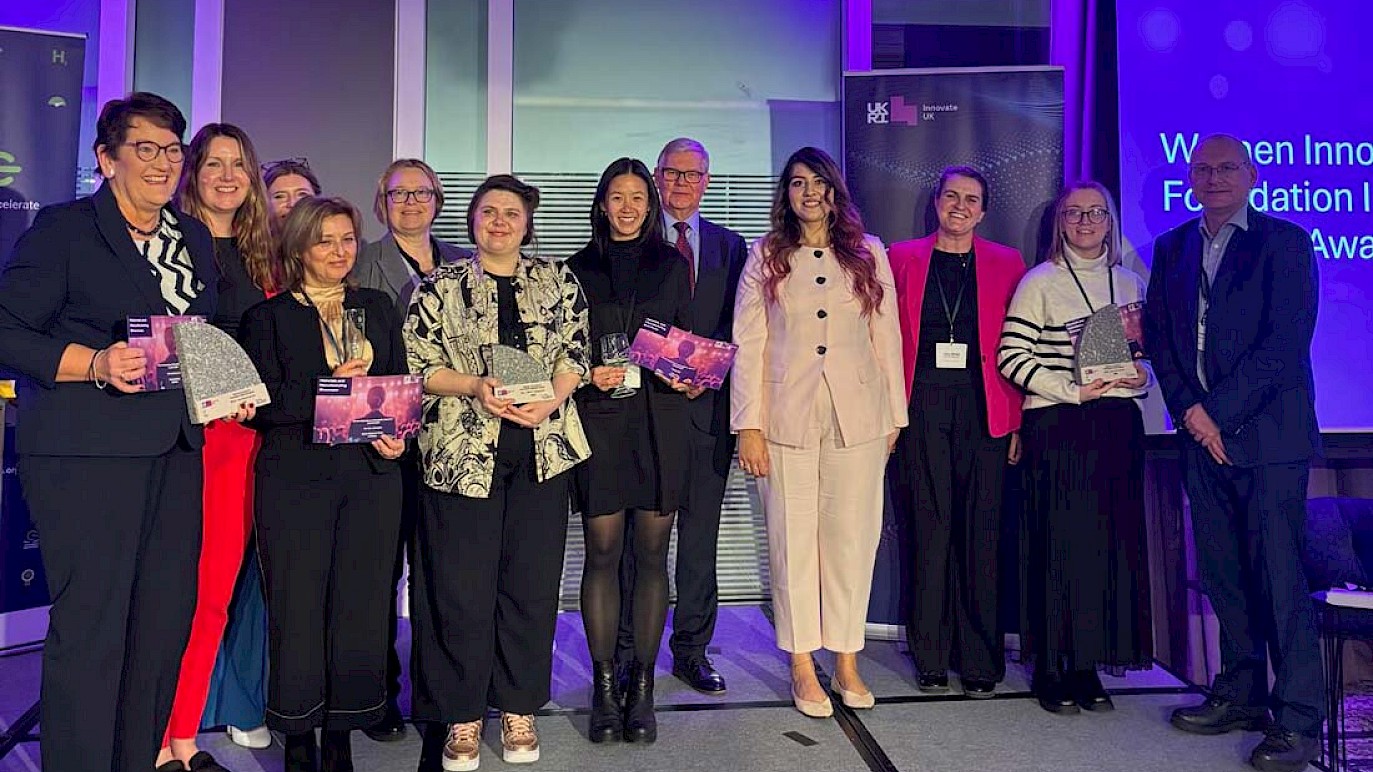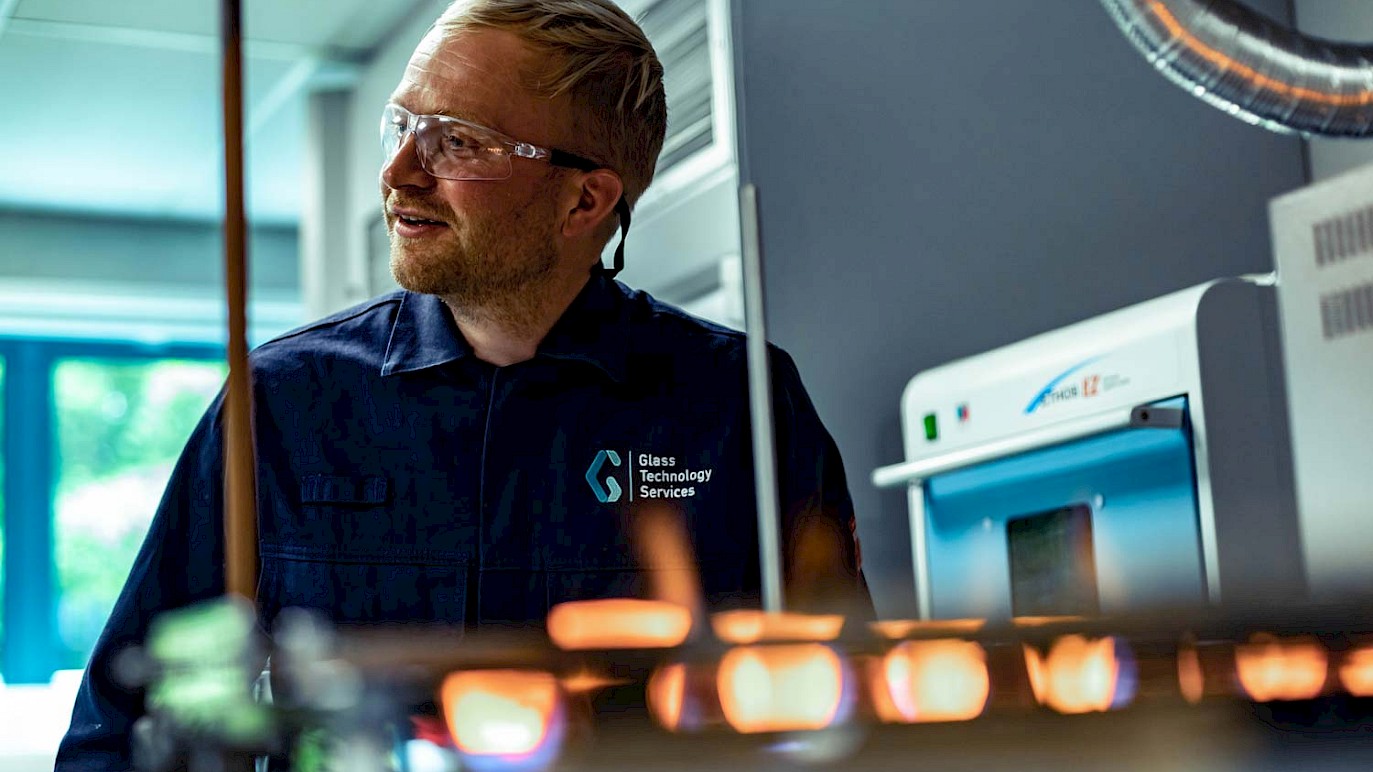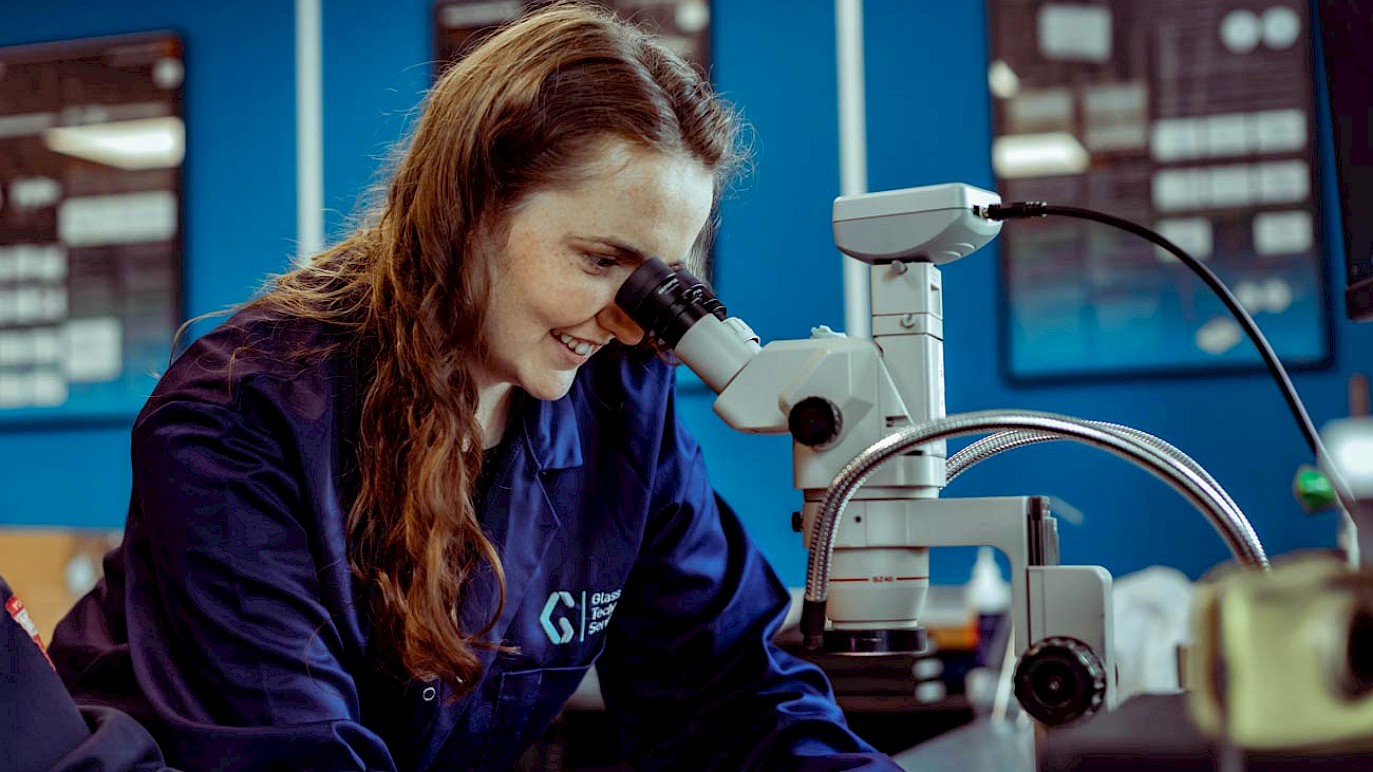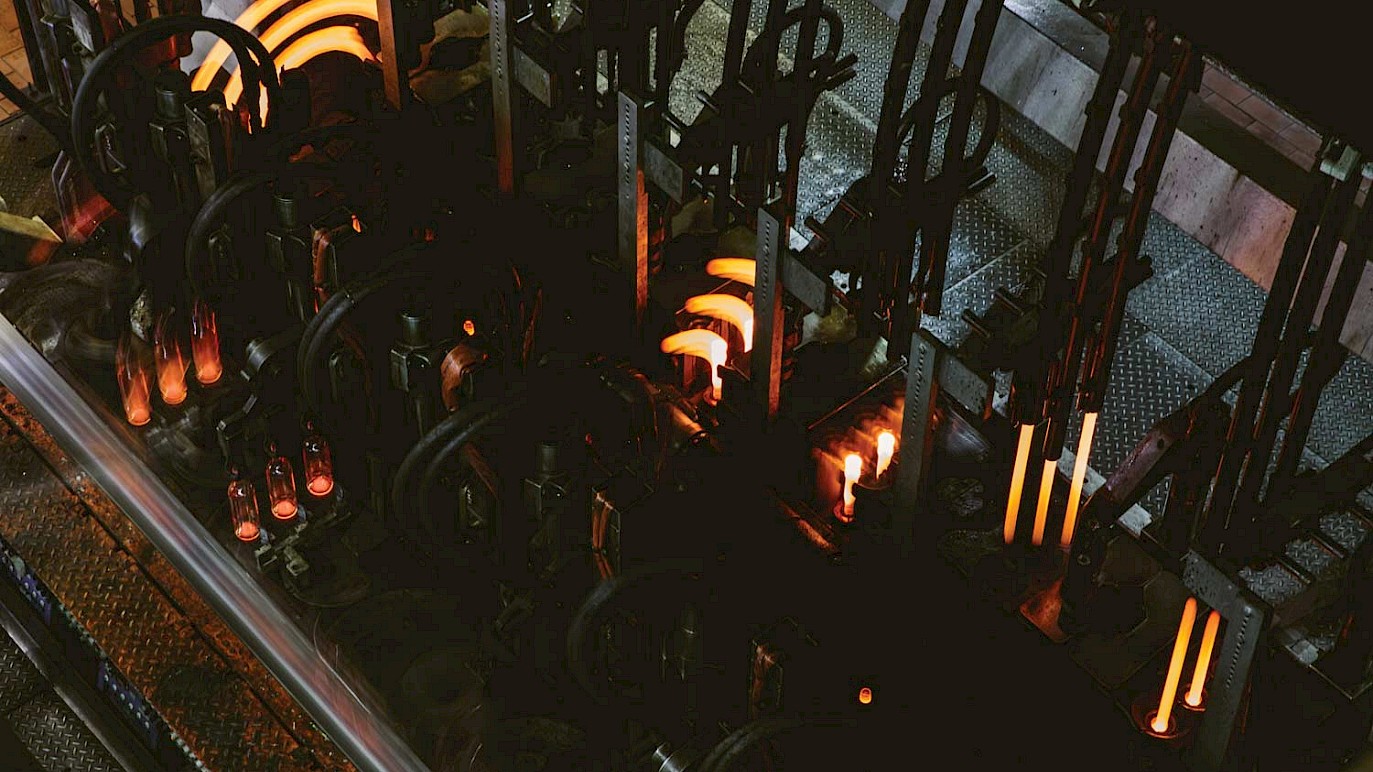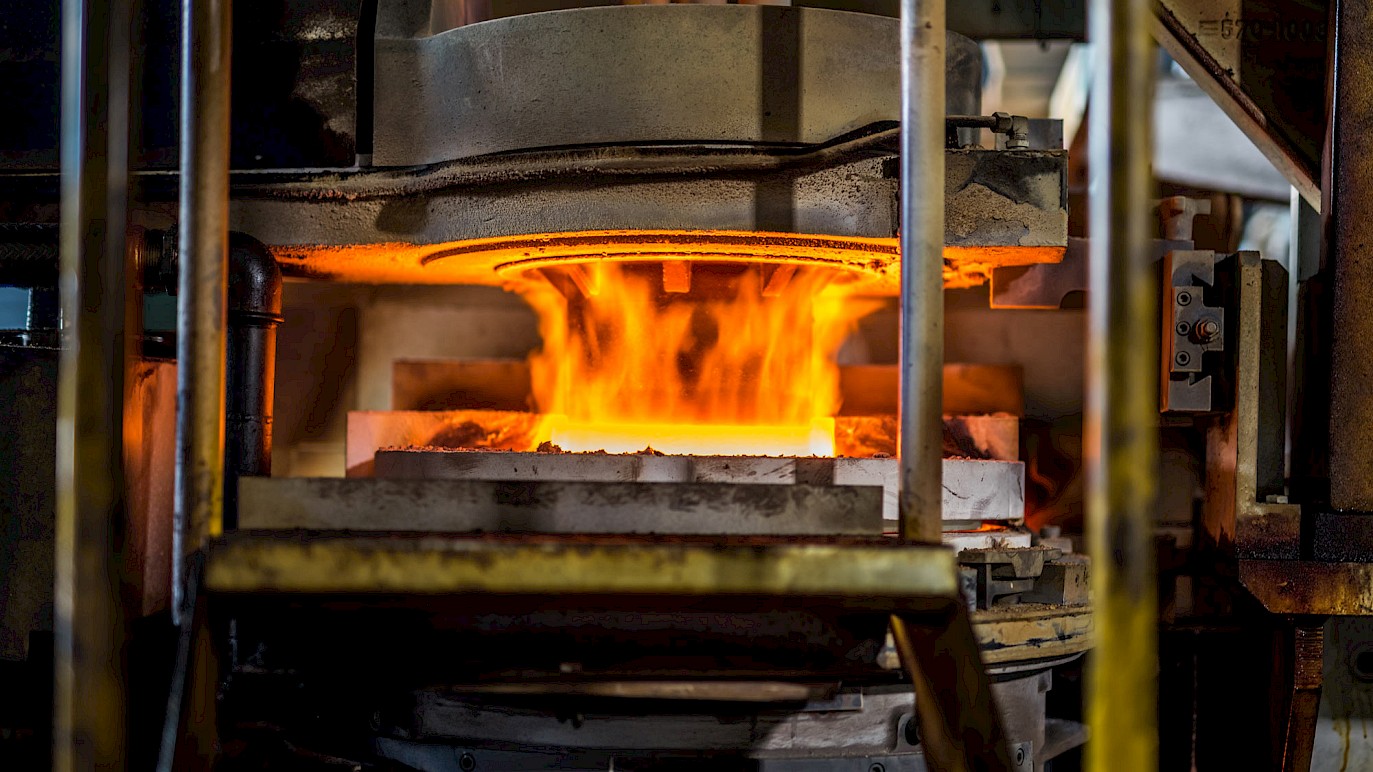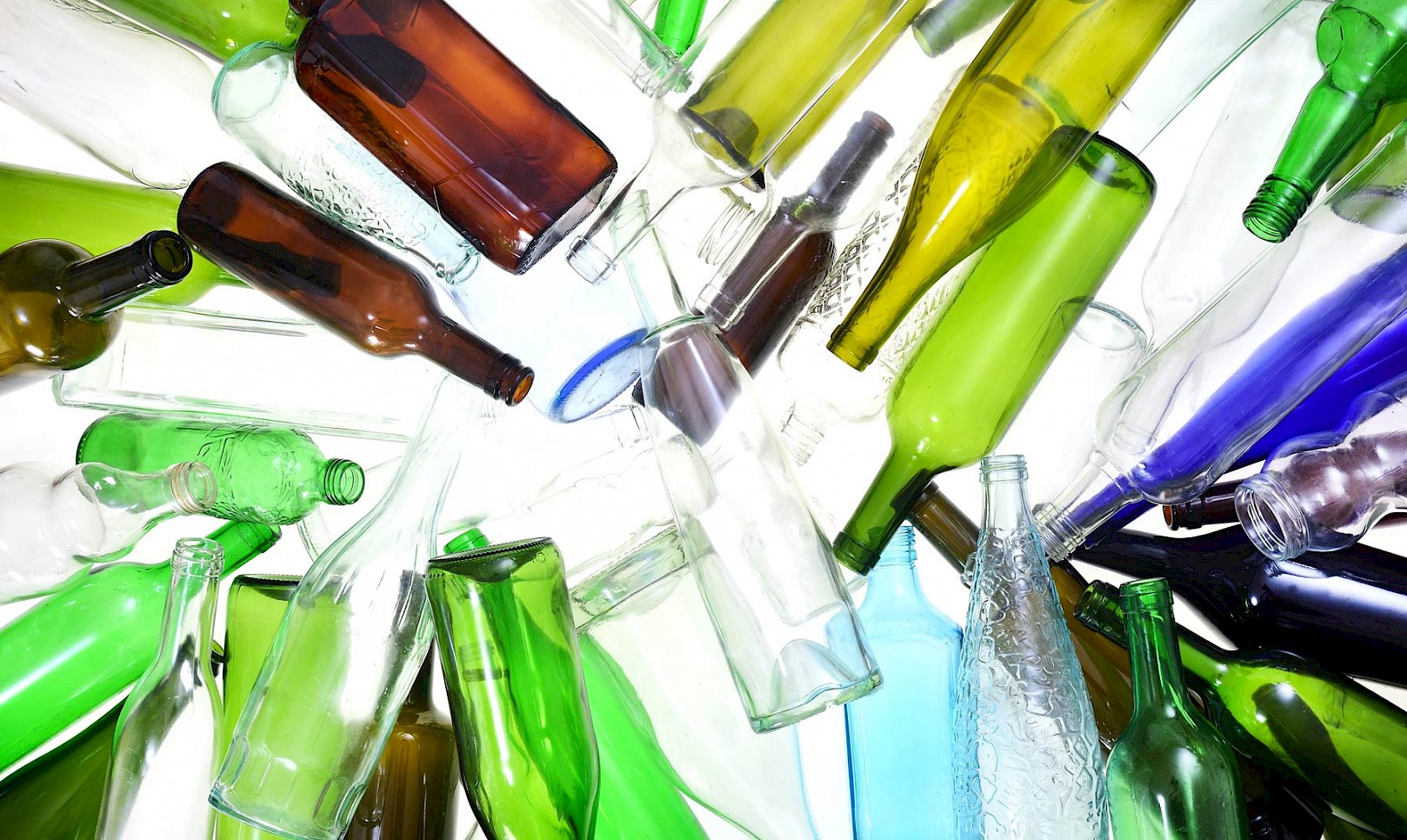
Whether glass or plastic packaging is superior is a debate that has been going on for many years. It’s essential that you understand the pros and cons of each packaging material so you can choose the most suitable material for your business.
In this blog, our experts will cover everything you need to know about the advantages and disadvantages of glass so you can make the right decision. We’ll also cover the sustainability of each material to help you make your choice.
What is glass packaging used for?
Glass has been used to store produce from as early as 1500BC and there’s a reason this ancient material is still relevant to modern life. Glass packaging consists of a glass container (made of silica glass) and a closure (made of glass, metal, cork, or plastic). Innovation in packaging has moved on since 1500BC and glass is a common choice in the food and beverage industry, particularly for products such as beer, wine and spirits. However, it is also commonly used as packaging in the cosmetics and pharmaceutical industries to protect valuable contents such as high quality perfumes and medicines
Pros and cons of glass packaging
Advantages of glass packaging
- Glass is impermeable and nonporous, guaranteeing no chemical interactions between the packaging and your product and no impact on taste, colour, or smell.
- It is made from abundant natural materials, including sand, soda ash, and limestone.
- Glass provides a permanent barrier and so keeps food and drink fresher for longer.
- Unlike plastic, glass is 100% recyclable and can be recycled unlimited times back into new glass packaging.
- It has industry-wide versatility and can package a wide range of products.
- Glass does not leach harmful chemicals when it breaks down like plastic, it simply breaks down to glass sand that has not environmental impact.
- Glass is highly durable and can be reused or refilled repeatedly without losing quality.
- It helps to communicate quality because of its associations with the luxury and high-end packaging of spirits, fragrance and cosmetics industries.
- Glass contains no additives (like BPA), so there are no health risks. It is a single material with no coating on the contact surface.
Disadvantages of glass packaging
Often cited disadvantages include:
- Packaging weight – although this is reducing with average glass packaging weights down by 30% in the last 20 years. Glass Technology Services has lead research in bottle rightweighting (sometimes referred to as bottle lightweighting) and has worked with leading brands to reduce the weight of glass containers.
- Glass is an energy intensive industry alongside others including paper, ceramics and metals but the industry is on the path to net zero. Latest developments in furnace technology such as hybrid melting can significantly reduce CO2 emissions up to 69%. Increasing the use of recycled content can also reduce the amount of energy required in the manufacturing process and every tonne of glass that is remelted in place of virgin materials saves 580kg of CO2 emissions along the supply chain. Research into secondary raw materials.
Are glass bottles more sustainable than plastic?
You might wonder if glass packaging is better than plastic regarding sustainability. Below, we’ll discuss the sustainability of both materials, including their manufacturing, recyclability, and biodegradability.
Is glass or plastic manufacturing more sustainable?
Plastic manufacturing
Most plastic is petroleum-based, making the raw materials non-renewable and highly unsustainable to harvest. Plastic production and disposal emit carbon dioxide, which is have a negative impact on the environment.
Glass manufacturing
Manufacturing new glass requires natural resources, such as sand, which must be harvested from the earth. Natural raw materials can be sustainably and locally sourced, reducing the environmental impact of glass manufacturing.
Using recycled glass (cullet) in the manufacturing process requires less energy to melt than virgin materials, making recycled glass bottles a more eco-friendly option. In fact, remelting recycled glass uses around 25% less energy than using raw materials.
Is recycling glass or plastic packaging more sustainable?
Can plastic packaging be effectively recycled?
Certain types of plastic packaging can be recycled effectively a few times; however, plastic packaging cannot be infinitely recycled without losing quality unlike glass packaging. After being recycled a few times, plastic packaging will lose its quality and will therefore need to be downcycled into a product of lower quality or chemically recycled.
Can glass packaging be recycled?
Glass can be infinitely recycled without any deterioration of its quality or durability. This makes it more sustainable and has less environmental impact than plastic packaging.
Glass also has a high recycling rate compared to other packaging materials. In Europe, the average glass recycling rate is 76%, compared to 41% for plastic packaging. In the UK, the recycling rate for glass packaging in 2021 was 73.6%.
Which material is more biodegradable?
Is plastic biodegradable?
A plastic bottle can take up to 450 years to decompose in a landfill,. However, plastic can leach toxic chemicals into the environment as it decomposes. Additionally, plastic never entirely breaks down but becomes microplastics, contaminating water, soil and even the air.
Is glass biodegradable?
Glass is not considered biodegradable, and it can take up to 4,000 years for a glass body to break down. However, because it’s made of natural materials, glass will not pollute or damage the environment when it dissolves, making it a more sustainable option than plastic.
Sustainability services from Glass Technology Services
We are an independent organisation that specialises in offering unparalleled advice and guidance on the sustainability credentials of your glass products and production processes. The team at Glass Technology Services offer a range of services designed to help you meet your sustainability goals.
Whether you want to create more sustainable glass packing, optimise your manufacturing processes or increase the recycled glass content of your existing packaging, we can help.
Here are some specific areas we can support you with:
- Combustion processes
- Recycling
- Waste reduction
- Waste heat recovery
- Environmental monitoring
- Optimising glass manufacturing processes to increase efficiency and reduce environmental impact
For more information about our sustainability services, please speak to our team. We’ll happily answer any questions you may have about the sustainability of glass packaging compared to plastic.
Free webinar: how to make your glass packaging more sustainable
Get access to the webinar